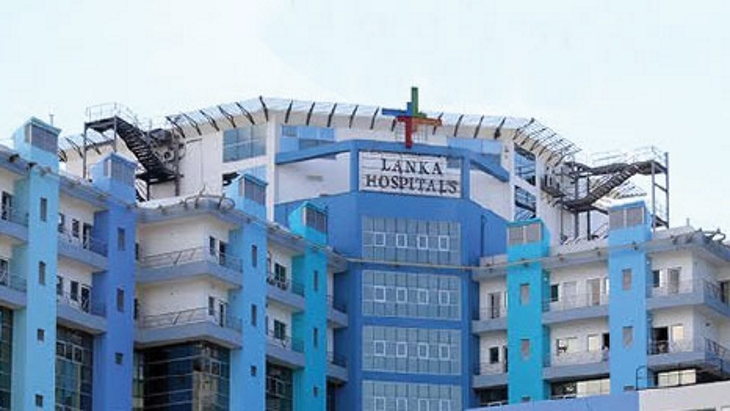Compare costs
Average cost of treatment in key countries
Include indicative costs for treatment, travel, insurance and accommodation
Get a quote
1. Complete the enquiry form
2. Select countries of interest
3. Providers respond directly
In some countries, obesity surgery, often referred to as bariatric surgery, is regulated in the same way as other surgical specialities. Surgeons may be required to undergo training in obesity surgery at an approved institution before being granted a licence to practice. Hospitals and clinics carrying out surgical procedures are registered and monitored by their government health department.
To become a bariatric surgeon requires many years of study, including basic medical training lasting between four and six years to become a doctor, further training as a surgeon and additional specialist training in bariatric surgery techniques. The overall training package and number of years of study will vary between countries. If your surgeon cannot demonstrate this level of training, move on and find one who can.
Many surgeons in Central American countries have trained and qualified in the USA and are members of the American Medical Association (AMA) or American College of Surgeons, while similarly, many Eastern European surgeons have trained in the West and are members of bodies such as the General Medical Council (GMC) or Royal College of Surgeons in the UK.
Hospitals, clinics and specialist surgery centres should all be registered, licensed and regulated by the national health body in their country. The clinic should be able to prove such registration; if you have any doubt, contact the relevant health authority for confirmation.
Unlicensed clinics are rare, even in less developed countries. However, the terms of such licences will vary widely between the strict regulation of the West and the more lax legislation in places like Latin America, so government registration is no guarantee of anything beyond the most basic of standards.
Most of the national bariatric surgery societies are on the register maintained by the International Federation for the Surgery of Obesity and Metabolic Disorders (IFSO). The societies for some of the more popular obesity destinations are:
To attract US visitors, many Central American clinics are also registered with the American Society for Metabolic and Bariatric Surgery (ASMBS) www.asmbs.org.
The International Federation for the Surgery of Obesity and Metabolic Disorders (IFSO) represents and coordinates the activities of over fifty national federations and associations, and welcomes members from countries that do not yet have a national body.
Their website lists all the member associations, and gives contact names and email addresses for each country, so you can check the qualifications and credentials of each clinic on your shortlist. The IFSO website also provides a ‘find a surgeon’ service.
For added peace of mind, patients in Europe can select the very best surgeons and obesity surgery clinics based on the IFSO-EC Centres of Excellence Program. To become a centre of excellence, both the surgeon and the clinic must meet very strict criteria. For surgeons these include:
For clinics, the criteria include:
IFSO European Centres of Excellence are accredited by the European Accreditation Council for Bariatric Surgery (EAC-BS), which provides a full list of its accreditation criteria.
More recently, Mexico has introduced its own IFSO Centres of Excellence program, administered by the independent Surgical Review Corporation. This has similar aims and qualifying criteria to the European version, and so offers similar peace of mind.
However well regulated the industry, mistakes are always possible with complex surgery, and infection risks are a fact of life in even the cleanest of clinics, so you need to check your rights carefully in the event that anything does go wrong. You should always ask for a legally binding agreement and be very careful what you sign in the way of consent forms or waivers.
Most medical treatment abroad will be legally regulated under the local laws of that country, and you may find that compensation for negligence does not match up to what you might expect at home. You should always check that the surgeon and the clinic have malpractice insurance in place.


